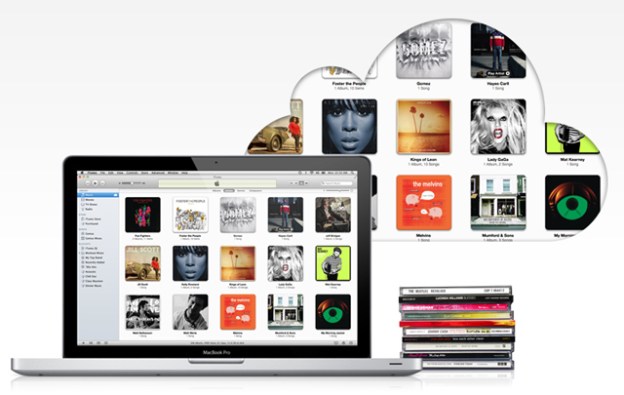 Despite a few false starts, Apple has started its international rollout of iTunes Match, their cloud-based music-matching service. The UK was among the first countries to report the service’s activation, and it was soon joined by users from Ireland, Canada, France, Spain, Germany, Australia and New Zealand.
Despite a few false starts, Apple has started its international rollout of iTunes Match, their cloud-based music-matching service. The UK was among the first countries to report the service’s activation, and it was soon joined by users from Ireland, Canada, France, Spain, Germany, Australia and New Zealand.
iTunes Match scans your music collection and matches titles found in its own iTunes music database, then makes them available for online streaming through iCloud. Songs it can’t find must be uploaded separately, but overall, iTunes Match speeds up the process of sending your music into the cloud considerably.
Of course, the service isn’t free. In the USA it costs $24.99 for a year, but in the UK it’s £21.99, in Europe €24.99 and in Canada it’s priced at $27.99. If you’re interested to know how iTunes Match performs before handing over your cash, take a look at our in-depth hands-on review.
However, just like the US launch, it seems the influx of users wanting to try out iTunes Match may have caused problems for Apple. With the service trending on Twitter, streams rapidly began to fill with users reporting an error when trying to login to iTunes, as the service simply denied knowing usernames and passwords.
Attempts to login to Apple’s iCloud website, or retrieve passwords, are all meet with the same response, suggesting this is an outage due to server overload. It could all be a coincidence, but as iTunes Match previously caused problems, there’s a solid chance it’s responsible again.
Were you one of the lucky ones to signup and for the service to work before the problems started?
Update: Apple IDs appear to be working again for most users, let us know how iTunes Match is working out if you’ve signed up.




